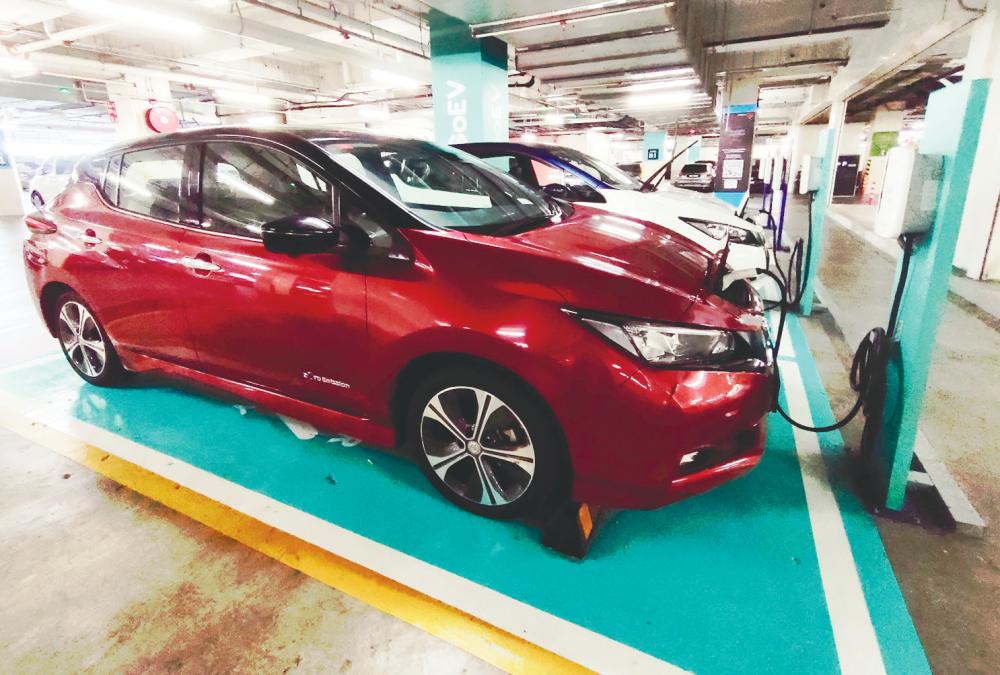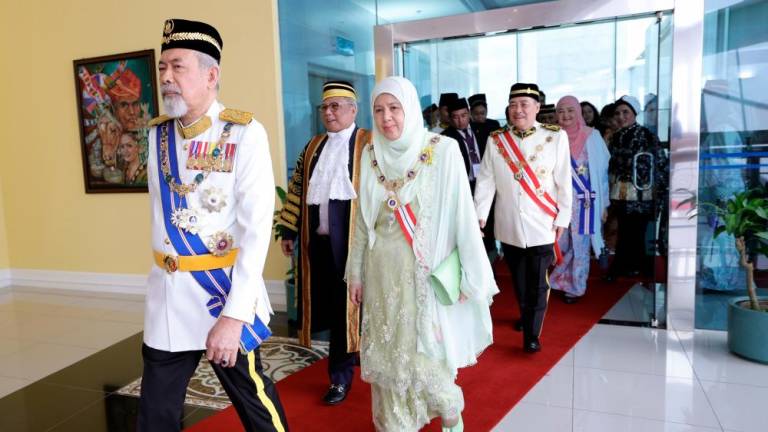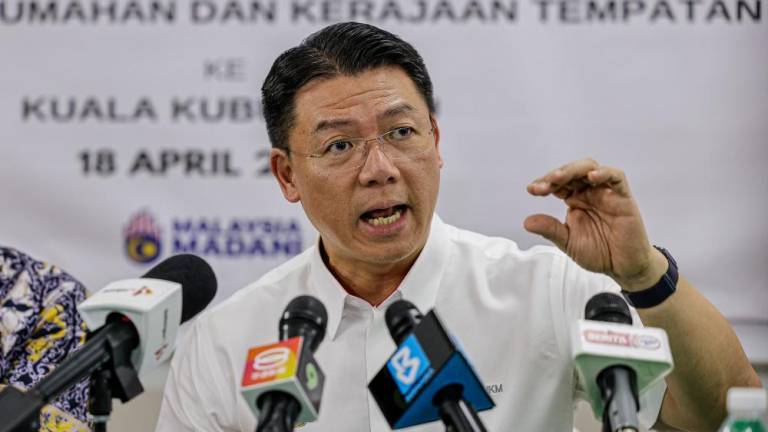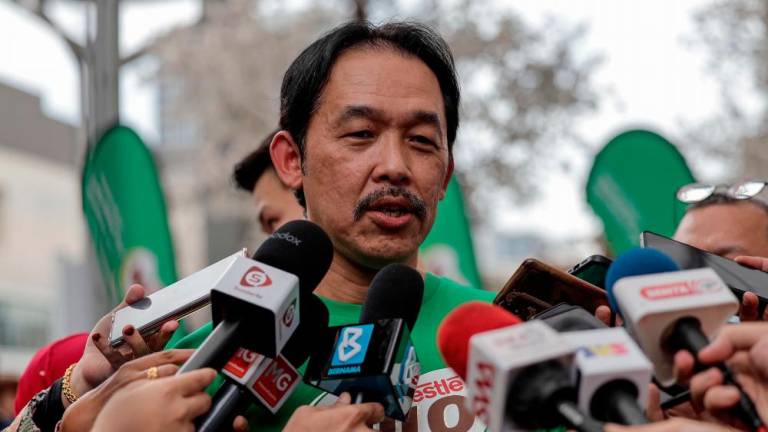PETALING JAYA: While electric vehicles (EV) will reduce carbon emissions and keep the air cleaner, environmentalists are not entirely in favour of their use at the moment due to a lack of supporting infrastructure and the fact that they still require fossil fuels to generate electricity to charge them.
They were commenting on a proposal by Prime Minister Datuk Seri Ismail Sabri Yaakob that Tenaga Nasional Berhad (TNB) and Perusahaan Perusahaan Otomobil Kedua Sendirian Berhad (Perodua) work together to introduce affordable EV charging rates.
Ismail Sabri said such a move would also help achieve Malaysia’s target of being a carbon-neutral nation by 2050. However, the transition to EV has raised concerns about whether the country has adequate facilities and infrastructure to encourage the public to purchase such vehicles.
Motoring expert Keshy Dhillon said the public would be inclined towards EV if the government is able to improve charging speeds and access to charging bays, adding that such vehicles receive various incentives and are not subject to import tax.
Entry-level EV in Malaysia are currently sold at between RM149,888 and RM199,888.
“If there is improvement in the charging speeds, access to charging facilities and a network that allows EV users to book charging bays, the people would be more encouraged to buy them.
“There is also a need for a technological shift that involves the time it takes to charge an EV from 10% to 80% because the current speed takes about 45 minutes, which is too long compared to the mere minutes one needs to fill petrol,” he said.
On infrastructure, Keshy said TNB and property developers should recognise their roles in encouraging the public to purchase EV by providing sufficient facilities.
“With the government collaborating with TNB, funds need to be allocated for building more charging ports and producing networks that will connect them so EV users can locate the closest one during a journey.
“Property developers need to offer charging points at all new condominium or housing projects while TNB has to upgrade cables in mature areas so that fast DC charging can be offered to quicken charging time.”
Meanwhile, environmentalist Gurmit Singh said EV are not exactly eco-friendly as their lithium ion batteries are made by coal-fired power plants that spew carbon dioxide.
Instead of encouraging people to buy personal EV, Gurmit said they should be encouraged to travel by electric buses that ferry more passengers while using less energy.
“Electricity generated by coal-fired power stations ultimately supply electricity to EV. Hence, such vehicles are not that eco-friendly, although they are better than diesel vehicles that discharge carbon monoxide. It would be better if EV batteries could generate electricity from solar energy,” he said.
“I will argue that we should not be talking about EV but public transport using electric vehicles. Although buses would use the same energy, they carry many people at once, so energy is better utilised.”
Another environmentalist, Andrew Sebastian, said car manufacturers should improve the charging process and develop more hydroelectric vehicles to make EV more environmentally friendly.
“During this transition phase, we don’t know how eco-friendly such vehicles are. I believe the charging process can be a lot better because with the current format, electricity originates from factories that burn coal.
“Car manufacturers also use special minerals that have to be mined. The process destroys habitats and is not feasible in the long run. Even if we use electric buses, the minerals have to be mined to make the batteries. So, it is not eco-friendly,” he said.













